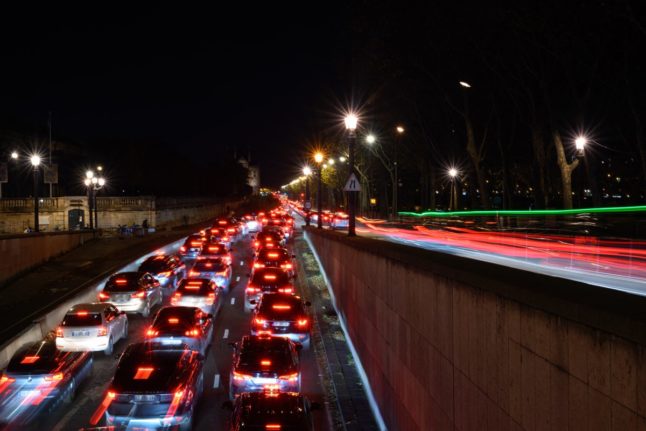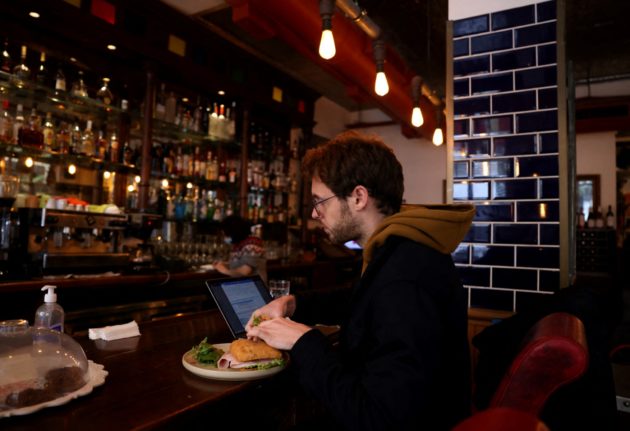Several regional authorities in France are planning to increase fees for processing new vehicle registration documents – known colloquially as the carte grise – in 2024, according to reports.
Les Echos has said that the price of a new carte grise is set to increase “sharply” in some areas.
The price depends on a number of taxes and fees: the main one being the regional tax, which means the price will vary depending on where you live.
READ ALSO Six driving offences in France that can result in losing a licence
In some regions, such as Ile-de-France, the price of a tax-registered vehicle will rise by 19 percent, from €46.15 to €54.95. Drivers in Brittany already pay the highest price for the document, €55.
Normandy will increase taxes by 30 percent, raising the price to €46. A 10 percent increase is also envisaged in Centre-Val-de-Loire, where motorists have paid €49.80 for the past 10 years.
Other regions, such as Pays de la Loire, Nouvelle-Aquitaine, Hauts-de-France, Bretagne and Occitanie, have already increased fees.
READ ALSO Reader question: Do I have to swap my driving licence in France?
In addition to these increases, certain exemptions are also disappearing. Since August 1, Ile-de-France has removed hybrid, LPG and E85 superethanol vehicles from its exemptions scheme. Only 100% electric vehicles benefit.
Normandy will follow suit from January 1st.
Fees for vehicle registration represent the third largest source of tax revenue for the regions, after the local share of VAT and the domestic consumption tax on energy products (TICPE).



 Please whitelist us to continue reading.
Please whitelist us to continue reading.
Member comments